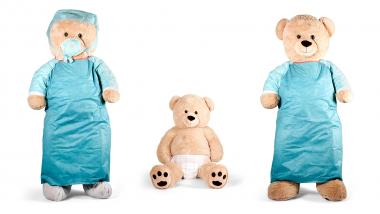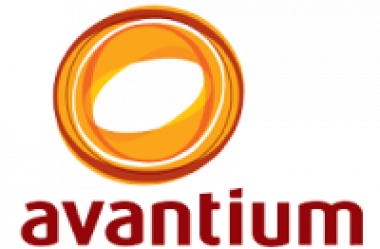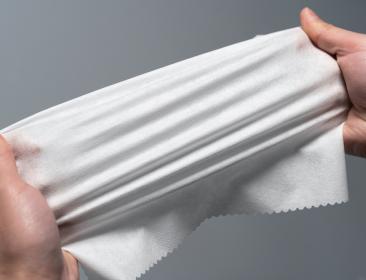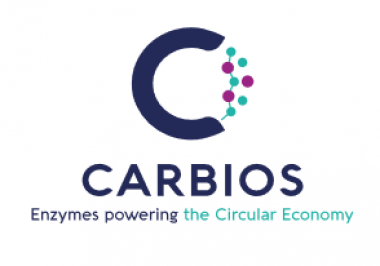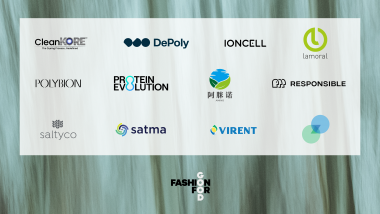Reifenhäuser Reicofil mit neuer Technologie für Vliesstoffe auf der Index 23
Der Hersteller von Nonwoven-Anlagen Reifenhäuser Reicofil – eine Business Unit der Reifenhäuser Gruppe – stellt vom 18. bis 21. April auf der international führenden Vliesstoffmesse INDEX 23 in Genf erstmals seine neue Fertigungsplattform RF5 XHL vor.
Der Zusatz XHL steht für Extra High Loft. RF5 XHL - die Weiterentwicklung der RF5-Technologie - ist auf superweiche und perfekt drapierbare Vliesstoffe für die Hygiene-Industrie ausgerichtet.
„Durch hochgekräuselte Fasern mit reduzierter Fasergröße bieten unsere XHL-Vliesstoffe ein neues Qualitätslevel mit superweichem Griff für daraus hergestellte Vliesstoffprodukte, wie Topsheet oder Backsheet“, erklärt Markus Müller, Vice President Sales & Marketing der Reifenhäuser Gruppe. „Gleichzeitig erzielen wir dank reduziertem Ressourceneinsatz eine enorme Verbesserung des CO2-Fußabdrucks um bis zu 30 Prozent.“
Die RF5 XHL-Technologie setzt auf das patentierte BiCo-Verfahren. Dabei werden im Spinnvliesverfahren zwei verschiedene Rohstoffe in einer Faser kombiniert, wodurch ein Bimetall-Effekt erzielt wird und die Faser sich optimal kräuselt. So gelingt eine Gewichtsreduzierung von bis zu 25 Prozent bei Fasergrößen von 1,0 Denier. Die Dicke steigt gleichzeitig um bis zu 30 Prozent im Vergleich zu marküblichen modernen Vliesstoffen.
Die neuen RF5-XHL-Linien sind mit besonders energieeffizienten Komponenten für eine ressourcenschonende Vliesstoffproduktion bei hohen Anlagengeschwindigkeiten ausgestattet. Um Produktionsabfälle auf ein Minimum zu reduzieren, bestehen alle Rohstoffe aus Polypropylen (PP), was ein einfaches und effizientes Inline-Recycling ermöglicht. Übliche, nicht sortenreine, Vliesstoffe aus PP/PE oder PET/PE sind dagegen nur schwer zu recyceln. Um den anhaltenden Bedarf nach nachhaltigeren Vliesstoffprodukten zu bedienen, verarbeiten RF5-Anlagen zudem auf Wunsch auch biobasierte Rohstoffe.
Mit dem c.Hub, der neuen Plattform zur Datenvernetzung der Reifenhäuser Gruppe, bietet Reicofil eine Digitalisierungslösung, die gezielt auf die Anforderungen von Vliesstoffproduktionen zugeschnitten ist. Kunden haben die Möglichkeit, die Daten ihrer Reicofil-Anlagen, Peripheriegeräte sowie ERP- und MES-Systeme sicher über die c.Hub Middleware zu vernetzen, zentral zu speichern sowie einfach zu analysieren. Anlagenbetreiber können so die Fertigung überwachen, dokumentieren und datenbasiert die Produktionseffizienz steigern. Gemeinsam mit verschiedenen Software Bundles wird der c.Hub als On-Premise-Lösung angeboten, kann also lokal betrieben werden und bleibt unter der vollen Datenhoheit des Anwenders.
Reifenhäuser


